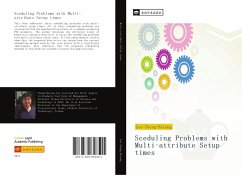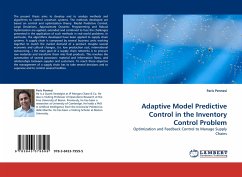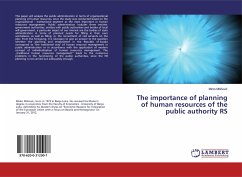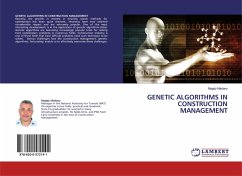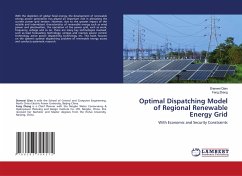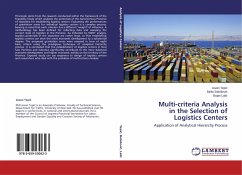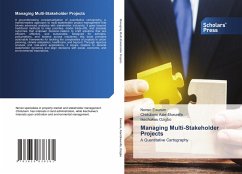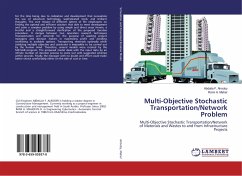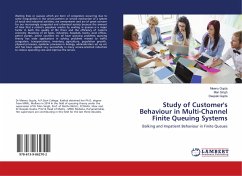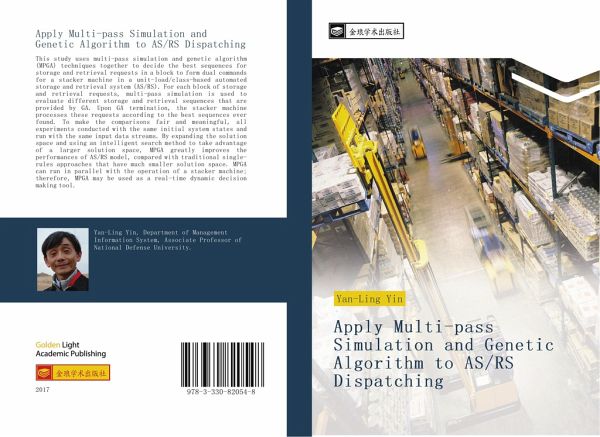
Apply Multi-pass Simulation and Genetic Algorithm to AS/RS Dispatching
Versandkostenfrei!
Versandfertig in 1-2 Wochen
17,99 €
inkl. MwSt.

PAYBACK Punkte
9 °P sammeln!
This study uses multi-pass simulation and genetic algorithm (MPGA) techniques together to decide the best sequences for storage and retrieval requests in a block to form dual commands for a stacker machine in a unit-load/class-based automated storage and retrieval system (AS/RS). For each block of storage and retrieval requests, multi-pass simulation is used to evaluate different storage and retrieval sequences that are provided by GA. Upon GA termination, the stacker machine processes these requests according to the best sequences ever found. To make the comparisons fair and meaningful, all e...
This study uses multi-pass simulation and genetic algorithm (MPGA) techniques together to decide the best sequences for storage and retrieval requests in a block to form dual commands for a stacker machine in a unit-load/class-based automated storage and retrieval system (AS/RS). For each block of storage and retrieval requests, multi-pass simulation is used to evaluate different storage and retrieval sequences that are provided by GA. Upon GA termination, the stacker machine processes these requests according to the best sequences ever found. To make the comparisons fair and meaningful, all experiments conducted with the same initial system states and run with the same input data streams. By expanding the solution space and using an intelligent search method to take advantage of a larger solution space, MPGA greatly improves the performances of AS/RS model, compared with traditional single-rules approaches that have much smaller solution space. MPGA can run in parallel with the operation of a stacker machine; therefore, MPGA may be used as a real-time dynamic decision making tool.



